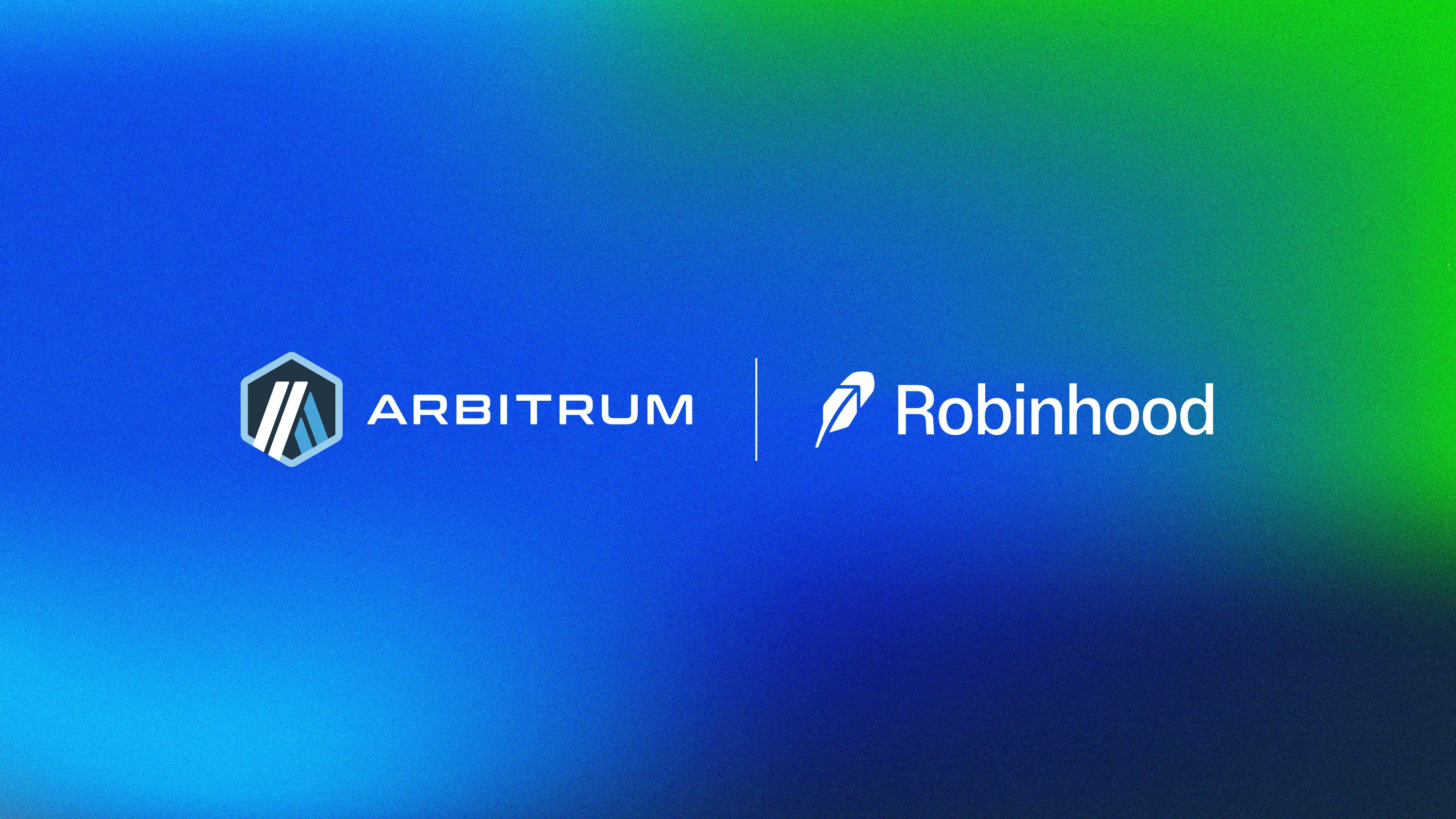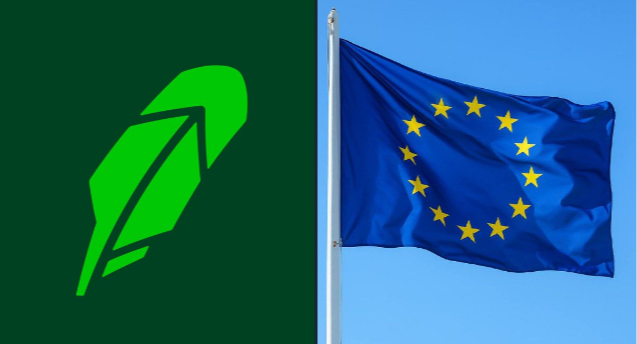Robinhood integrates nearly 500 financial assets into the Arbitrum network
Robinhood has taken an important step in integrating traditional financial markets with the blockchain ecosystem.
The U.S. company has tokenized nearly 500 U.S. stocks and exchange-traded funds (ETFs) worth more than $8.5 million, using the Arbitrum network.

This initiative is aimed at European users, marking a new phase in Robinhood’s expansion into the real-world assets (RWA) market on blockchain.
A key move toward large-scale tokenization
The project, announced in October 2025, includes 493 U.S. securities issued in the form of digital tokens.
According to Cointelegraph, about 70% correspond to stocks, 24% to ETFs, and the remainder to commodities, crypto-linked ETFs, and U.S. Treasury bonds.

In total, there have been token creation (minting) operations worth approximately $19.3 million, while token burning transactions exceed $11.5 million.
These figures highlight a growing interest in tokenized financial instruments within the European market.
How tokenization works on Arbitrum
The assets issued by Robinhood do not represent direct ownership of the original stocks or ETFs.
Instead, they operate as digital derivatives that mirror the performance of traditional securities.
Each token is backed by the issuing company and available through Robinhood’s European Union service, with 24/7 trading and the ability to invest from as little as €1.
The choice of Arbitrum as infrastructure is due to its ability to process fast and low-cost transactions, allowing Robinhood to provide European investors with a more agile and accessible experience compared to traditional financial channels.

Expansion in Europe and regulatory framework
With this strategy, Robinhood strengthens its presence in Europe, offering a modern alternative to traditional trading.
All operations are governed under the MiFID II Directive, which regulates the offering of financial instruments within the European Union.
However, the tokenization of securities introduces new regulatory challenges.
In countries such as Lithuania, financial authorities have requested clarification on the legal structure of these products, as the tokens do not grant voting rights or real ownership of the underlying companies.
Robinhood’s bet on tokenized assets
Robinhood’s interest in tokenization is no coincidence.
The company seeks to position itself within the rapidly growing RWA market, bridging the gap between traditional finance and blockchain technology.
Through this strategy, European users can access the U.S. market without intermediaries and benefit from continuous trading, something traditional stock exchanges do not offer.

According to Reuters, Robinhood had already announced in June 2025 its intention to expand the number of tokenized assets, growing from about 200 initial securities to thousands by the end of the year.
The recent expansion to nearly 500 assets confirms that this goal is progressing as planned.
Challenges and future outlook
While tokenization promises greater democratization of market access, it also introduces uncertainties.
Investors must recognize that tokens do not exactly replicate liquidity or legal protections of traditional securities.
Moreover, their value depends on the backing mechanism and the stability of the issuing platform.
Meanwhile, European and U.S. regulators are studying how to adapt market regulations to these digital instruments that blur the line between traditional finance and Web3.
14
0
NEWSLETTER
Subscribe!
And find out the latest news
Other news you might be interested in
Etiquetas







